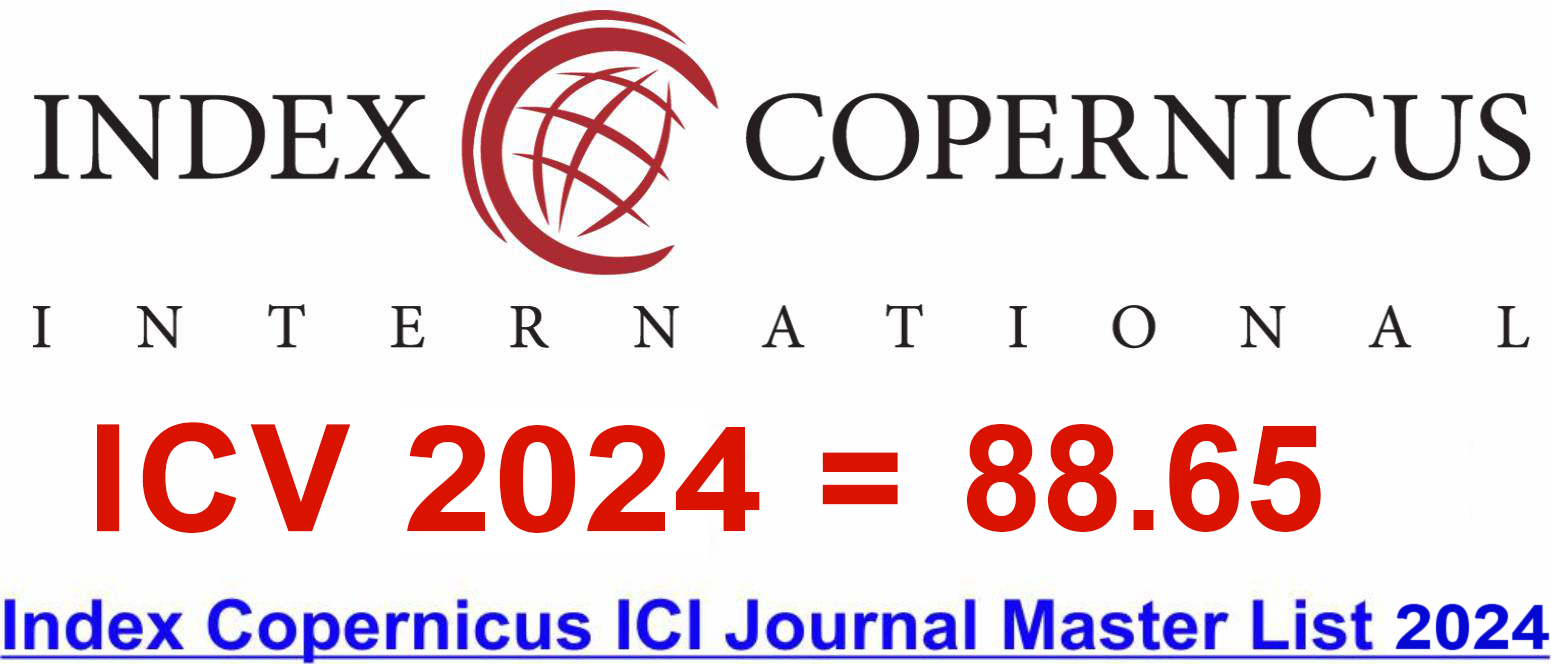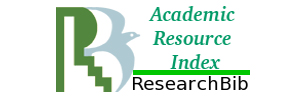Abstract
Examining how actively teachers participate in inquiry-based professional development is the goal of this qualitative study. The research used classroom observations and in-depth interviews to investigate teachers' viewpoints, experiences, and difficulties with professional development programs. The main focuses of the study are their level of participation and their perception of its impact on classroom learning. Schools that value research aim to develop reflective practitioners among their faculty by making research and an inquiry-based pedagogy integral parts of their curricula. A lack of data about the academic and personal success of program alums is a major drawback. This research sought to evaluate the development of inquiry-based practice among seven first-year teachers from Dutch academic teacher training programs. For three years, these grads and their school administrators were subjected to questioning. Their level of engagement with the curriculum increases as the school and students go through inquiry-based learning. It has been suggested by scholars that inquiry-based learning might have many interesting benefits for educators. While obstacles like time and reluctance to change persist, the findings demonstrate that inquiry-based professional development fosters collaboration and self-reflection. The findings might provide valuable information for future professional development (PD) programs that aim to increase student achievement via increased teacher engagement and the use of inquiry-based teaching methods.
References
- Ammoneit R, Reudenbach C, Peter C. Developing geographic computer modeling competencies in higher education. Journal of Geography in Higher Education. 2024 May 26;48(3):345-67. http://dx.doi.org/10.1080/03098265.2023.2250991
- Aktan O, Toraman Ç, Aytug Kosan AM. I Have a Letter to My Faculty!= Fakülteme mektubum var!. Pegem Journal of Education and Instruction. 2021;11(1):1-48. https://doi.org/10.14527/pegegog.2021.001
- Ammoneit R, Turek A, Peter C. Pre-service geography teachers’ professional competencies in education for sustainable development. Education Sciences. 2022 Jan 11;12(1):42. https://doi.org/10.3390/educsci12010042
- Arbia A, Kouchou I, Kaddari F, Hour RH, Elachqar A. Evaluation of the Analysis of Classroom Practices of Future Moroccan Teachers. Int. J. Eng. Pedagog.. 2021 May 1;11(3):99-115. https://doi.org/10.3991/ijep.v11i3.20493
- Baan J, Gaikhorst L, van't Noordende J, Volman M. The involvement in inquiry-based working of teachers of research-intensive versus practically oriented teacher education programmes. Teaching and Teacher Education. 2019 Aug 1;84:74-82. https://doi.org/10.1016/j.tate.2019.05.001
- Baan J, Gaikhorst L, Volman M. Stimulating teachers’ inquiring attitude in academic and professional teacher education programmes. European Journal of Teacher Education. 2020 May 26;43(3):352-67. https://doi.org/10.1080/02619768.2019.1693994
- Barraza P, Rodríguez E. Executive functions and theory of mind in teachers and non-teachers. Heliyon. 2023 Sep 1;9(9). https://doi.org/10.1016/j.heliyon.2023.e19915
- Bedin E, Marques MS, das Graças Cleophas M. Research on the content, technological, and pedagogical knowledge (TPACK) of chemistry teachers during remote teaching in the pandemic in the light of students’ perceptions. Journal of Information Technology Education: Research. 2023 Jan 3;22:001-24. https://doi.org/10.28945/5063
- Godfrey D, Brown C, editors. An ecosystem for research-engaged schools: Reforming education through research. Routledge; 2019 Mar 14.
- Du Plessis AE, Wheeley E, Klieve H, Gramotnev DK, Gramotnev G. The out-of-field phenomenon: Perceptive consequences and Support Needs Through the Lens of graduating second career preservice teachers. Journal of University Teaching and Learning Practice. 2023 Jan;20(1):1-27. https://search.informit.org/doi/10.3316/informit.T2024121100015200848429488
- Verhoef L, Volman M, Gaikhorst L. The contribution of teachers of research-intensive teacher education programmes to a culture of inquiry in primary schools. Professional development in education. 2022 Oct 20;48(5):861-77. https://doi.org/10.1080/19415257.2020.1747104















